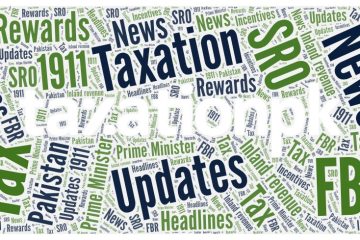Taxation is a necessary evil. It is the way that governments raise money to fund their operations and provide essential services to their citizens. In Pakistan, taxation has a long and varied history.
The Mughal Era
The Mughal Empire was one of the most powerful and prosperous empires in the history of the Indian subcontinent. It ruled over much of what is now Pakistan from the 16th to the 18th centuries. During this time, the Mughals developed a sophisticated system of taxation.
The Mughal tax system was based on land revenue. The government would assess the value of each piece of land and then collect a percentage of that value as tax. The tax rate varied depending on the type of land and its productivity. In addition to land revenue, the Mughals also collected taxes on trade, manufacturing, and other activities.
The Mughal tax system was generally efficient and fair. It was one of the factors that contributed to the empire’s prosperity.
The British Raj
The British East India Company began trading in India in the 17th century. By the 19th century, the company had become the dominant power in the region. In 1857, the company was dissolved and the British government took direct control of India.
The British Raj brought with it a new system of taxation. The British government imposed a number of new taxes, including income tax, excise tax, and customs duty. These taxes were used to finance the British Empire and to pay for the costs of governing India.
The British tax system was often seen as unfair and burdensome. It was one of the factors that contributed to the rise of the Indian independence movement.
The Post-Independence Era
Pakistan gained independence from Britain in 1947. The new government inherited a complex and inefficient tax system. In the years since independence, the government has made a number of reforms to the tax system.
One of the most important reforms was the introduction of the Sales Tax on Services (SST) in 1990. The SST is a broad-based tax that is levied on most goods and services. It has been a major source of revenue for the government.
The government has also introduced a number of other reforms, such as the introduction of the Federal Board of Revenue (FBR) in 2007. The FBR is responsible for collecting taxes and enforcing tax laws.
The tax system in Pakistan is still evolving. The government is committed to making the system more efficient and fair. This will help to ensure that Pakistan has the resources it needs to develop and prosper.
Conclusion
Taxation is an important part of any modern economy. It is the way that governments raise money to fund their operations and provide essential services to their citizens. In Pakistan, taxation has a long and varied history. The government is committed to making the tax system more efficient and fair. This will help to ensure that Pakistan has the resources it needs to develop and prosper.







